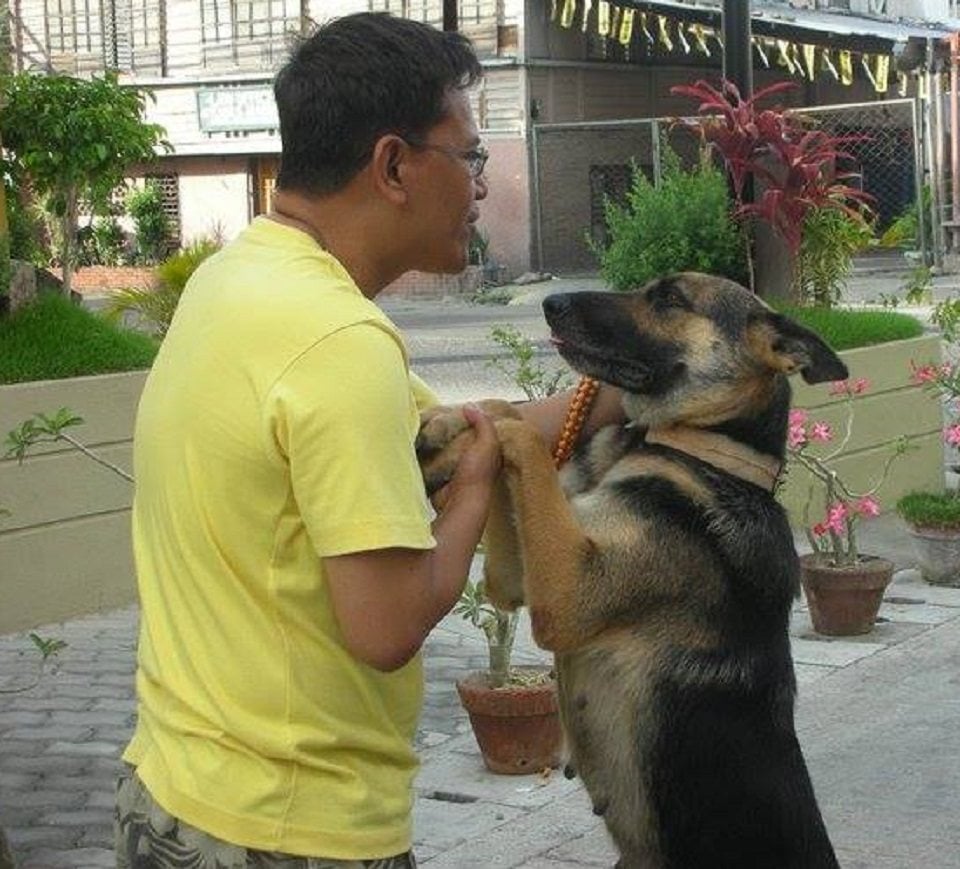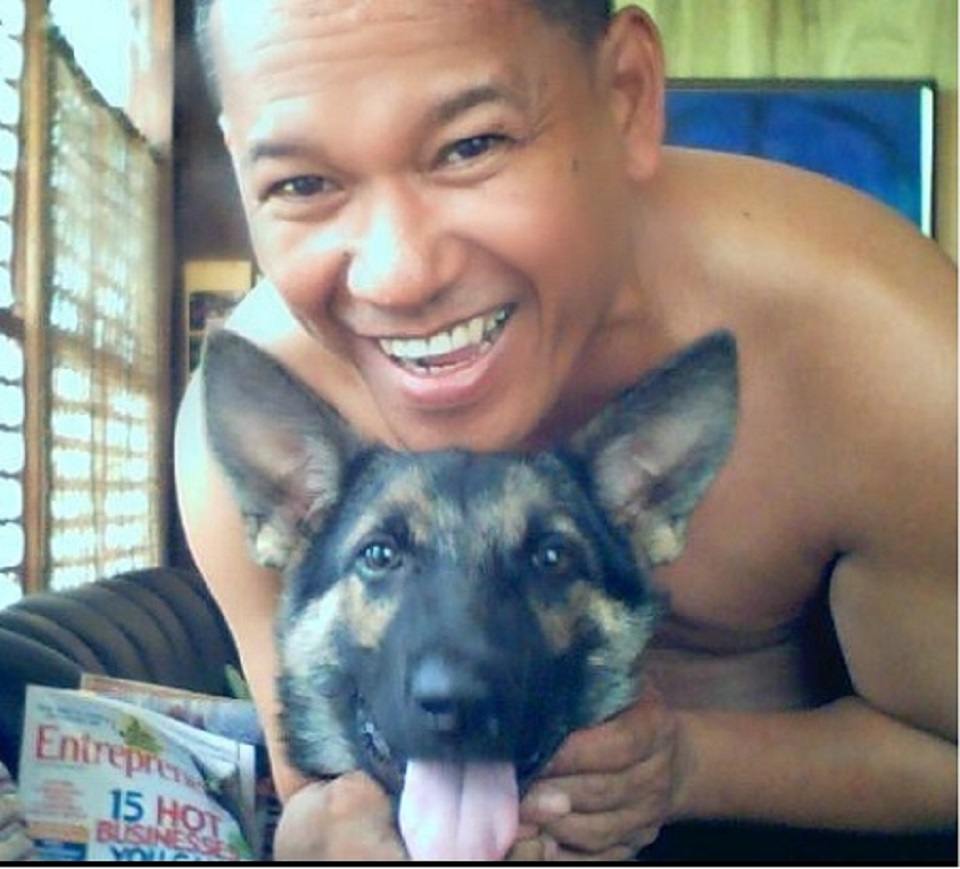1. I acknowledged that I was grieving.
Psychology has established that once you accept you are grieving, you have minimized the problem by 50%. On the contrary, denying that you’re grieving doesn’t help at all. It has the opposite effect on the situation. Just because other people find it weird that you’re crying over the death of a pet doesn’t mean it’s not good for you. Denial of the truth always warps your feelings and your balance. Refusing to admit that you lost in a competition is not healthy, either – not accepting that you did not win the hand of your lady love is detrimental to your sanity. And denial of the fact that your pet is dead is not good for you, as well. So go ahead, grieve. This has a cleansing effect on your overall makeup and it’s part of the process you have to go through.
2. I Got busy.
Go through number one, but go back to the same routines you did before the sad event happened. Busyness will allow you to focus on other things while grieving. This will lessen the impact of your loss, in some ways. In relation to this, I’m aware that there are many materials on psychology sites and books that teach the contradicting point that busyness, or any form of distraction, will help for a time, but won’t help you truly heal in the long run. However, my experience tells a different story. By being busy, I have put myself in a better position to cope with Chelsea’s passing. So my suggestion is to get back to the groove as soon as you can manage it. If, like me, you write for a living, go back to writing once you gain the strength to do so. Dive into the daily activities you used to do. In case you remember your pet while working, acknowledge it. Don’t deny it, and give yourself a break for a few moments. Take note – your breaks should not be too long, but not too short, either. After the first few days of the incident, give yourself longer breaks, but as you go along the process, take shorter breaks. It worked for me. I hope it will for you, too. Me and Chelsea during her prime
3. I Talked it out.
Talk to people who can relate to your grieving. Friends who have experienced grieving the death of a pet will help a lot. In case you know someone who is going through the same situation like yours, at the same time, that would be great. Seek out that person, and spent time together even just for one hour every week. Talking it out with someone going through the same experience is beneficial for your condition. Support from people who understand during this time is an effective pain buffer. Another idea that you can do, if you’re up to it, is to organize a small group of pet owners. Meet with them every week and bond with them. I’m pretty sure some of them have experienced losing a dear dog companion. Or, if not, then simply talking with them will help to ease the pain. It would be wise because, like you, they are pet parents. You can chat with them about your sad experience. Experts say that speaking to others who understand losing a pet can provide support to people like you who are mourning.
4. I memorialized Chelsea.
Dr. Amir Shanan, DVM, and owner of Compassionate Veterinary Hospice, recommends gathering family and friends to reminisce the good times you’ve had with your pet. Based on this idea, here’s a personal recommendation – write a letter to your pet. I know, that sounds a little strange and hard if you’re not used to expressing your emotions in writing, but this may help clarify your grief and sadness of losing your beloved pet. A well produced video, a framed photo, or an album of the pet’s photos can help remind a pet parent of their dog companion. A different way to memorialize that some people do is to keep their pet’s ashes and bury them in their pet’s favorite spot. What my wife and I did was different. We made a photo album of Chelsea. When we miss her, we bring out the album and talk about her incessantly. If we feel like crying, we just let go, and we cry together.
5. I spend significant time with another pet (Do this when you are ready).
I have a big advantage over other people who have lost a pet. My Chelsea has a daughter named Reigne and she lives with us. When Chelsea passed away, I made sure Reigne was getting the best of care. Since I got so busy with my freelance writing business during Chesea’s last months with us, I’m partly blaming myself for her death. But this is an entirely normal reaction of people who are grieving. The thing is – the presence of a pet who is a direct descendant of the one who passed away made things easier for me. The thought that Reigne has Chelsea’s blood somehow comforts me. I made a point to give the utmost care Reigne needed. I made sure her meals were given on time, consistently. I religiously go to the vet for her regular check up. Her vet check her for ticks, unusual developments, and anything else I can keep on top of to make her even healthier.
6. I talk to her even today.
I know this is a bit weird, but it’s one of my coping mechanisms. Every time I pass by her house and favorite spot – yes, her doghouse is still there – I say “Hello, Chelsea!” Call me crazy, but I still do this even now. It’s been 10 months, but this little gesture helps me cope with her absence. In fact, I just talked with my wife minutes ago, and I told her, when I will finally get another dog companion, I will take home another German Shepherd. With my wonderful experiences with Chelsea, I have developed a biased preference for the sweet loyalty of German Shepherds. Chelsea was extra loyal, friendly to the highest degree, and astonishingly intelligent. Call me sentimental if you must, but when I will finally bring home that new dog friend, I think I will name her Chelsea again. Featured photo credit: Nikkors n Chips/Photo Credit: Nikkors n Chips via Compfight cc via compfight.com

